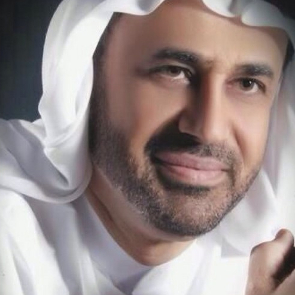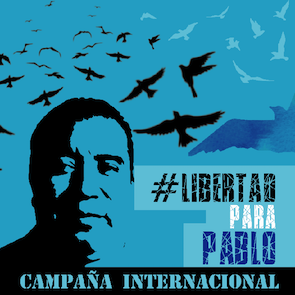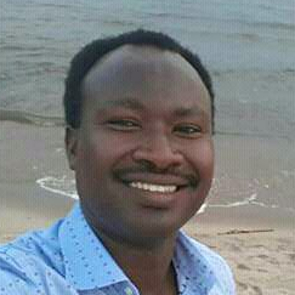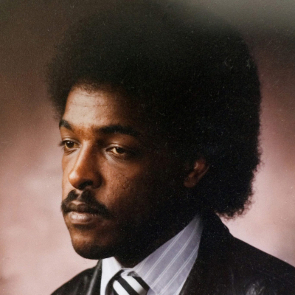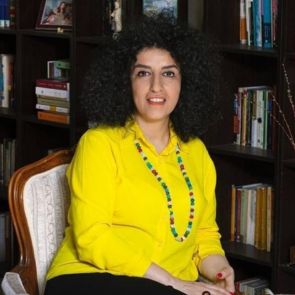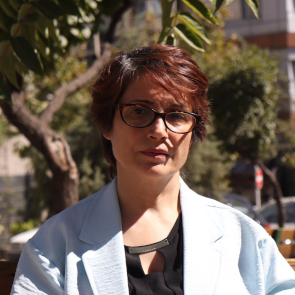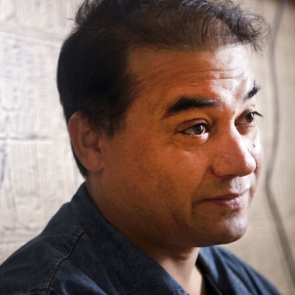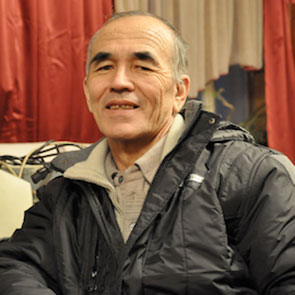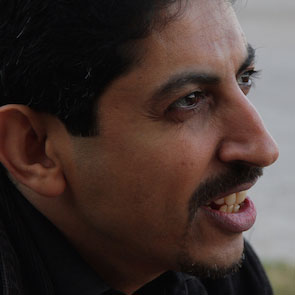Release unjustly imprisoned human rights defenders amid COVID-19 outbreak
Amidst warnings of the dangers that COVID-19 poses to prison populations, Front Line Defenders is calling for the release of all imprisoned human rights defenders, who, given the poor conditions in which they are often held, are at serious risk due to the pandemic. The overcrowded cells, denial of proper medical care, and unhygienic conditions inside many prisons around the world raise concerns that the virus could quickly spread among prisoners, including the detained human rights defenders. These risks are exacerbated by the poor health of many of the unjustly imprisoned defenders. Given the particular vulnerability of prison populations, and the risks also to prison staff, the UN High Commissioner for Human Rights Michelle Bachelet has called on governments to reduce the number of people in detention and to "release every person detained without sufficient legal basis, including political prisoners and others detained simply for expressing critical or dissenting views.” These risks are exacerbated by the poor health of many of the unjustly imprisoned defenders. Front Line Defenders draws particular attention to the ten human rights defenders serving long-term prison sentences who are featured in the organisation’s Set Them Free Campaign.
Iran has been one of the countries most severely affected by the pandemic. The families of prisoners have reported several cases at Evin, Zanjan and Rajai Shahr prisons, where many human rights defenders are being arbitrarily held. Although the Iranian authorities have temporarily released 85,000 prisoners in response to the COVID-19 outbreak, many human rights defenders remain imprisoned. These include Atena Daemi, Narges Mohammadi and Nasrin Sotoudeh, who are all serving long prison terms in Iran because of their work defending human rights, campaigning against the death penalty and supporting the families of political prisoners. Atena Daemi and Narges Mohammadi have both been previously denied medical care as their health deteriorated in prison while Nasrin Sotoudeh, who is serving 38 years in Evin prison began a hunger strike on 17 March demanding freedom for all political prisoners.
As China continues to deny its persecution of Uyghurs and other Muslim minorities despite well-documented evidence, alarms have been raised internationally about the risk of a massive COVID-19 outbreak in the internment camps and prisons in Xinjiang. The announcement of COVID-19 outbreaks in prisons in several Chinese provinces increases concerns about the vulnerability of those held in the camps and prisons in Xinjiang. Among those at risk is Ilham Tohti, an Uyghur scholar and human rights defender who, prior to his arrest in January 2014, worked peacefully for over two decades to build understanding between Han Chinese and Uyghurs. He is serving a life sentence and the incommunicado nature of his detention raises serious concerns about his treatment and access to medical care.
On 6 April 2020, the Supreme Court of Kyrgyzstan is due to review the case of Azimjan Askarov. The hearing may be delayed due to the COVID-19 state of emergency recently declared in the country. The human rights defender, who is 69 years old, has been deprived of his liberty since 2010 and his health has deteriorated signficantly since then. The appeal hearing at the Supreme Court is his last chance for justice. In September 2010, the human rights defender was sentenced to life imprisonment on charges of “organising mass riots, instigating ethnic conflict and complicity in the murder of a policeman”. According to an April 2016 UN Human Rights Committee statement, Askarov was arbitrarily detained, held in inhumane conditions, tortured, mistreated, and unable to get proper treatment for serious medical conditions. As a result of spending 10 years behind bars and enduring inhumane conditions and cruel treatment, the defender’s health has drastically deteriorated, which makes him extremely vulnerable to infectious diseases.
Dawit Isaak is a Swedish-Eritrean journalist and human rights defender, who has been imprisoned and held incommunicado in Eritrea since 2001, without charge or trial. According to some sources, Dawit Isaak has been held in solitary confinement in horrific conditions and tortured, which has significantly impacted on his health. While the Eritrean authorities have announced one confirmed case of COVID-19, reliable information is extremely difficult to obtain; an outbreak of the virus would likely spread rapidly amongst the prison population.
Mohamed Al-Roken is serving a 10-year prison sentence in the United Arab Emirates because of his work as a human rights lawyer defending other activists during a government crackdown. He is serving his sentence in the Al-Razeen prison located in the desert, where inmates are exposed to both extremely high and extremely low temperatures, with reports of air conditioning being switched off deliberately. While in prison, Mohamed Al-Roken has been regularly placed in solitary confinement without access to daylight. He has reportedly been subjected to noise torture which has exacerbated his blood pressure problems and he has been denied access to medical attention. UN Special Procedures experts have recently urged the Emirati authorities to reform degrading conditions of detention.
Abdulhadi Al-Khawaja, Bahraini human rights defender and former Front Line Defenders Middle East and North Africa Protection Coordinator, was arrested and tortured during the crackdown on pro-democracy protests in Bahrain in 2011. He was subsequently subjected to a sham trial and sentenced to life imprisonment. In an acknowledgement of the risks faced by prisoners in current circumstances, on 12 March 2020, King Hamad bin Isa Al Khalifa issued a decree granting pardons for 901 prisoners “for humanitarian reasons”. A further 585 inmates will serve out the rest of their sentences in rehabilitation and training programs. Abdulhadi Al-Khawaja remains imprisoned.
The case of Germain Rukuki is an emblematic example of the continuous efforts of the Burundian authorities to silence human rights defenders. He has been detained since his arrest in July 2017. On 26 April 2018, he was sentenced to 32 years in prison on charges of “rebellion”, “breach of State security”, “participation in an insurrectional movement” and "attack on the Head of State", in connection with his peaceful work with the organisation ACAT-Burundi advocating for the abolition of torture and the death penalty. The human rights defender is detained in Ngozi prison, where there have been reports of unhygenic conditions, insufficient food and water supply, overcrowded cells and regular flooding. Germain Rukuki’s health has deteriorated since he broke his leg in June 2019. Until recently, the prison officials denied him access to a doctor outside the prison. His request for bail on medical and humanitarian grounds was denied.
In Mexico, Pablo López Alavéz has been arbitrarily imprisoned since 2010 on spurious charges of murder because of his work defending the environment and the rights of the indigenous Zapoteco people. As a consequence of his work raising awareness of the role of the forest as a sustainable water source, and denouncing human rights violations deriving from illegal logging in the region, he was arrested, subjected to an unfair trial and, despite the absence of any credible evidence against him, sentenced to 30 years in prison.
The case of Pablo López Alavéz represents the endemic use of criminalisation as a reprisal against indigenous leaders who work for the defence of land and territory, and, in particular, those who struggle to protect environmental resources from illegal exploitation. In April 2017, the UN Working Group on Arbitrary Detention recognised the detention of Pablo López Alavéz as arbitrary and recommended his release, as well as a full compensation and reparation. The Mexican authorities have failed to fulfil their international human rights obligations and the human rights defender remains in prison to date.
As the cases above illustrate, human rights defenders are often held in inhumane, overcrowded conditions, frequently without access to proper medical care. Should they get infected with COVID-19, it is highly unlikely that they will receive adequate medical treatment. Front Line Defenders is deeply concerned about the continued imprisonment of defenders across the world despite their exposure to and high risk of contracting COVID-19. It urges governments to immediately and unconditionally release all human rights defenders, including those named above, provide them with appropriate medical attention, and take all necessary measures to guarantee their physical and psychological integrity and security.
